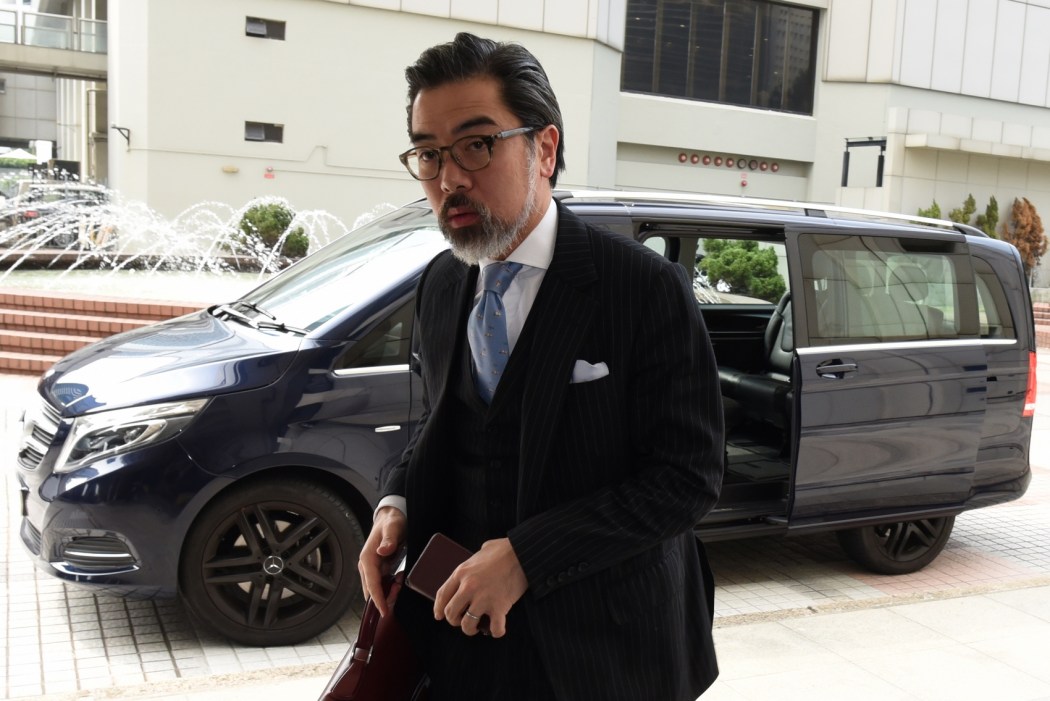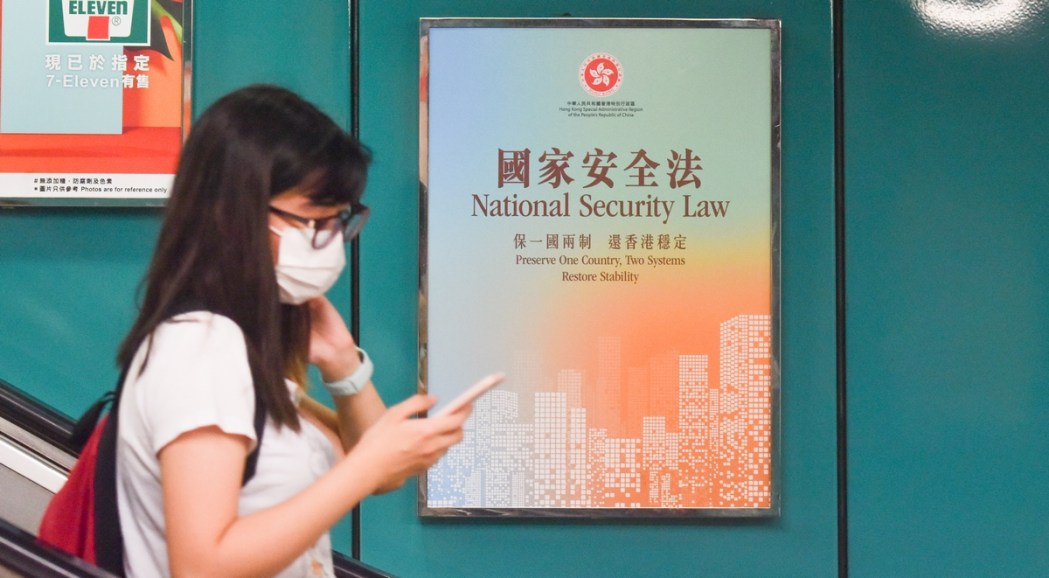The Court of Appeal in Hong Kong is set to hear arguments on whether a provision in the national security law should be interpreted as a minimum sentence requirement.
It came after a university student applied to challenge a lower court’s decision not to reduce his jail term by one-third despite his guilty plea in a secession case.

Hong Kong Polytechnic University (PolyU) student Lui Sai-yu appeared before a three-judge appeal panel in the High Court on Thursday to seek leave to appeal against his five-year prison sentence handed down by the District Court in April.
The 25-year-old appeared before District Judge Amanda Woodcock and admitted inciting secession, after he was accused of selling weapons on messaging app Telegram and posting messages which advocated Hong Kong independence.
When sentencing Lui under a tiered system set out in Article 21 of the security legislation, Woodcock categorised the defendant as having committed an offence of a “serious nature,” which warrants imprisonment of not less than five years but not more than 10 years.
Representing Lui, Senior Counsel Edwin Choy said Article 21 only provided a starting point for the sentence, rather than a mandatory minimum jail time. The court may choose a starting point between five and 10 years for serious incitement to secession offences, but the final prison term imposed could be below five years, he said.

Citing another secession case involving “Captain America 2.0” Ma Chun-man, the counsel said Lui ‘s act was “a bit more limited” compared to the activist – who chanted pro-independence slogans in public at various locations across the city. The student had shown “unreserved remorse” and the starting point of Woodcock’s sentence was “excessive,” Choy said.
“One of the key differences between this case and Ma’s case is the fact that this defendant pleaded guilty and was very cooperative,” Choy told Chief Judge of the High Court Jeremy Poon and appeal justices Derek Pang and Anthea Pang.
But Choy’s argument was questioned by Poon, who said the court would first consider the seriousness of the offence in deciding the starting point of a sentence. Whether the defendant was remorseful would only be taken into account later, he said.
“You would adopt the proper starting point… then you take into account the circumstances to see if there is any room to give a proper discount,” the chief judge said.
Lui’s bid to appeal against his sentence is set to have far-reaching implications on other national security cases. At least two cases tried in the District Court are awaiting a decision from the Court of Appeal before proceeding to sentencing, the Department of Justice (DoJ) revealed on Thursday.

The university student was initially put behind bars for three years and eight months, after the court applied a one-third discount on the starting sentence of 5.5 years. But Woodcock later overturned her decision and raised Lui’s jail term to five years, after the prosecution said the court was bound by the provision to impose a minimum sentence of five years with no exceptional circumstances.
The DoJ told the appeal panel on Thursday that the tiered system set out a minimum sentence. Deputy Director of Public Prosecutions (Special Duties) Anthony Chau applied for a one-week adjournment for his team to conduct further research on the issue.
The three judges agreed to give time to the appeal applicant and the DoJ to prepare their case, saying the discussion on the construction of Article 21 was “of course of extreme importance.” The next hearing is scheduled for October 24.
Lui originally also faced one count of possession of arms without a licence and one count of possession of offensive weapons with intent, to which he pleaded not guilty. Both charges were kept on court file following agreements between the defence and the prosecution.
Support HKFP | Policies & Ethics | Error/typo? | Contact Us | Newsletter | Transparency & Annual Report | Apps
Help safeguard press freedom & keep HKFP free for all readers by supporting our team
























